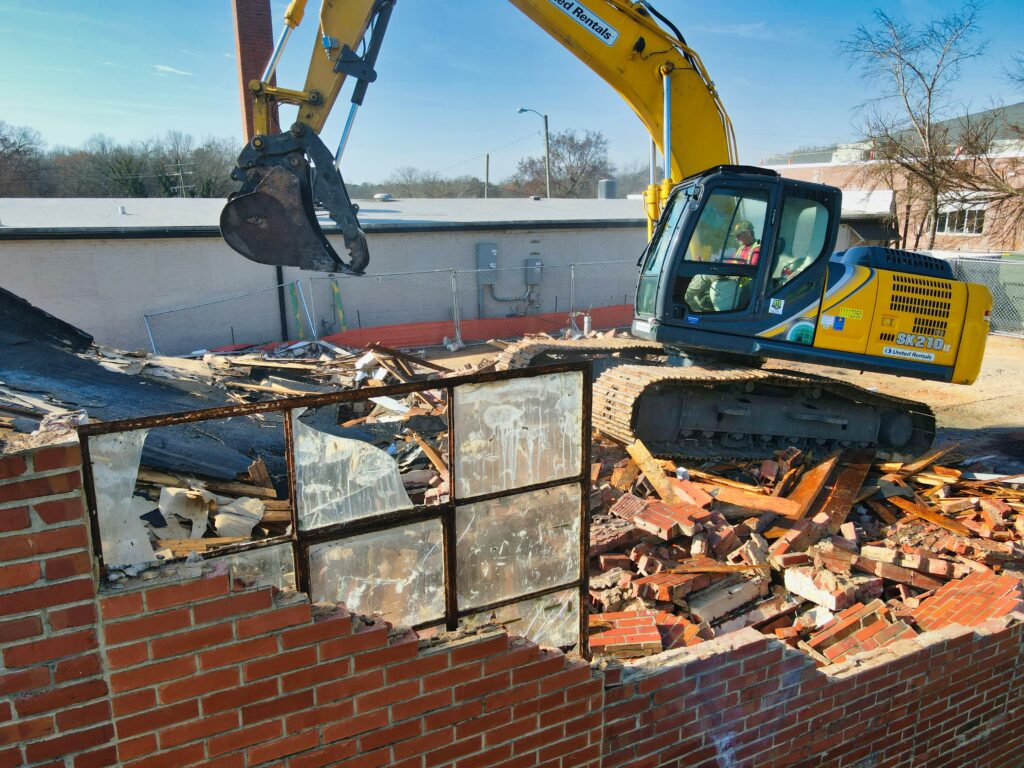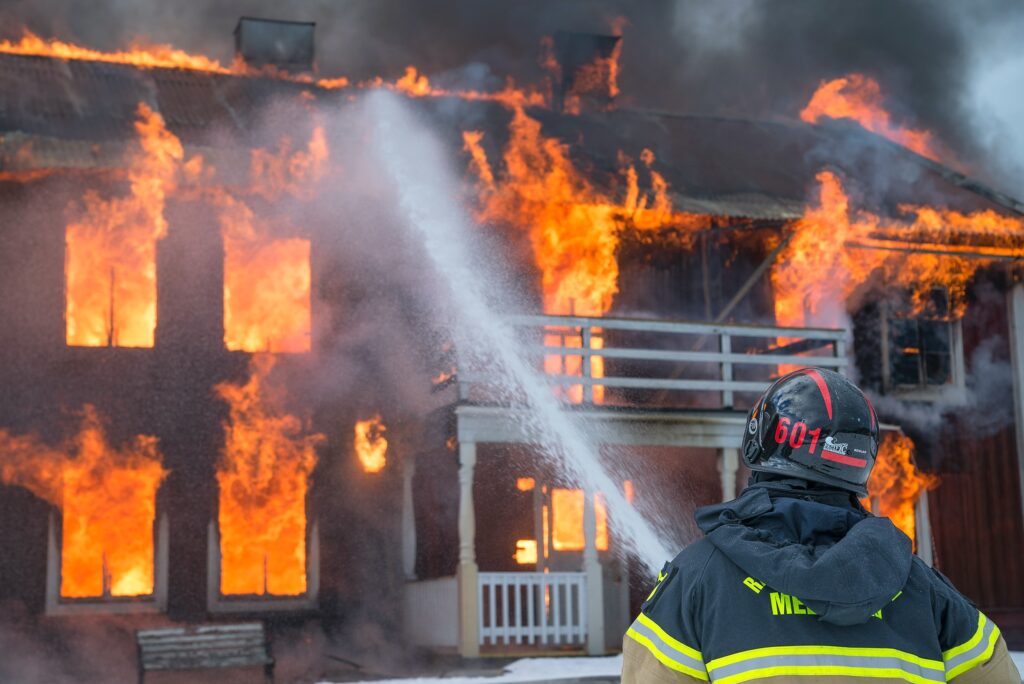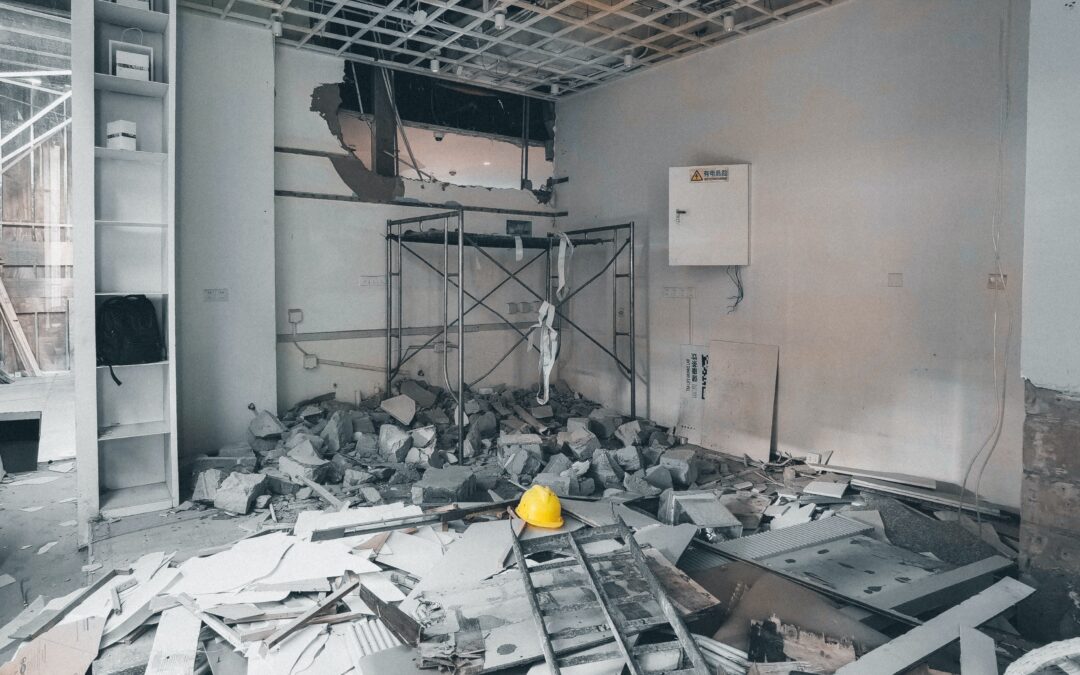When an incident occurs, it can be a stressful and overwhelming experience for everyone involved. One of the key concerns for the owners and managers is determining who is liable for the incident and its consequences. In many cases, a contractor may be held liable for damage or injury caused by the incident. In this blog post, we will discuss how a contractor could be held liable in the aftermath of a major incident.

Negligence
One of the most common ways a contractor can be held liable is through negligence. This occurs when the contractor fails to exercise reasonable care and caution in their work, resulting in damage or injury. For example, if a contractor fails to follow safety protocols or fails to properly maintain equipment, they may be held liable for any damage or injury that results.
Breach of Contract
Another way a contractor can be held liable is through a breach of contract. This occurs when the contractor fails to fulfill their obligations as outlined in the contract. For example, if a contractor fails to complete the work on time or fails to meet the quality standards outlined in the contract, they may be held liable for any damage or injury that results.
Warranty Claims
In some cases, a contractor may be held liable for damage or injury through warranty claims. This occurs when the contractor provides a warranty for their work, and the work fails to meet the standards outlined in the warranty. For example, if a contractor provides a warranty for the work they have done on a piece of equipment, and the equipment fails to function properly, they may be held liable for any damage or injury that results.
Vicarious Liability
A contractor may also be held liable for the actions of their employees or sub-contractors. This is known as vicarious liability. For example, if an employee or sub-contractor of a contractor causes damage or injury while working on a project, the contractor may be held liable for their actions.

What about Contactors Insurance?
Insurance is a crucial factor in the aftermath of an incident. It can provide financial protection for both the owner and the contractor in the event of damage or injury caused by the incident.
The owner’s insurance policy may cover damage to the facility and its contents, as well as losses resulting from business interruption. This can help to mitigate the financial losses caused by the incident. Additionally, the owner’s insurance policy may also provide liability coverage, which can help to protect against legal liability for any damage or injury caused by the incident.
The contractor’s insurance policy may also be a factor in the aftermath of an incident. Contractors typically carry liability insurance, which can help to protect them against legal liability for any damage or injury caused by the incident. Additionally, contractors may also carry workers’ compensation insurance, which can help to cover medical expenses and lost wages for any employees injured in the incident.
In the event of an incident, it’s important for the facility owner and the contractor to contact their insurance companies as soon as possible to report the incident and begin the claims process. The owner and the contractor should work closely with their insurance companies to ensure that all claims are processed quickly and efficiently.
It’s also important for owners and contractors to review their insurance policies regularly to ensure that they have adequate coverage for potential incidents. This includes ensuring that the coverage for liability and workers’ compensation is adequate and that all necessary endorsements are added to the policy.
insurance plays a vital role in the aftermath of an incident. It can provide financial protection for both the facility owner and the contractor and can help to mitigate the financial losses caused by the incident. It’s important for owners and contractors to work closely with their insurance companies to ensure that all claims are processed quickly and efficiently, and to review their insurance policies regularly to ensure that they have adequate coverage for potential incidents.
In conclusion, a contractor can be held liable in a variety of ways in the aftermath of an incident. From negligence and breach of contract to warranty claims and vicarious liability, it’s important for owners and managers to understand the potential liabilities when working with contractors. It’s also important to have a detailed contract that outlines the responsibilities and liabilities of both parties and to ensure that the contractor has adequate insurance coverage to protect against potential liabilities. Additionally, having clear communication and monitoring the contractor’s work can prevent such incidents from happening.

